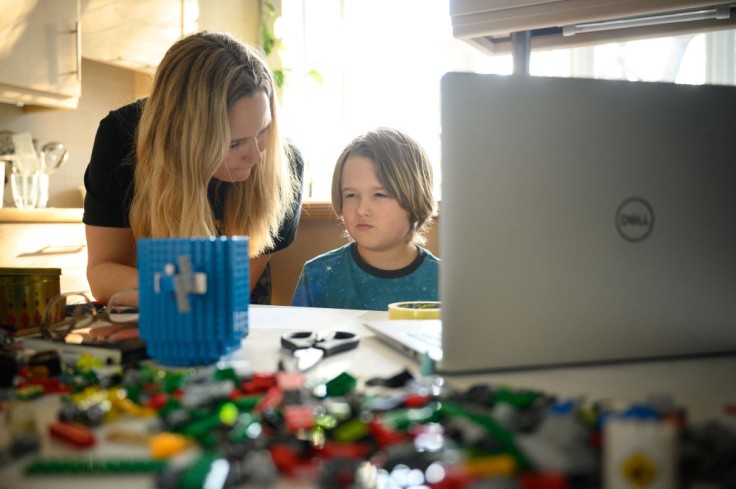
Throwing tantrums, hitting, biting, screaming, and other challenging behaviors are typical for toddlers. Whether the child is navigating the "terrible twos" or has entered the "threenager" phase, they likely display behaviors similar to their peers.
You can curb these habits and teach more appropriate ones. Experts agree that toddlers can learn to follow household rules, and now is an excellent time to introduce expectations to the child.
Never enforce hitting or yelling when the child acts out. Study shows that physical punishment, like spanking, is useless for correcting behavior and can injure a child's physical and mental health.
Similarly, regular yelling can harm a child's self-esteem without efficiently enhancing behavior.
5 Typical Challenges in Toddler Behavior Alongside Solutions
Always Saying "No"
While earnestly looking forward to the child's first words, you might find "no" is one you hear too often. This disobedience is a normal and healthy part of toddler behavior as they delve into their independence and learn about boundaries.
To manage this, offer the child choices and pick the battles wisely. It's fine to allow the toddler to choose their shirt, but non-negotiable situations like car seat safety require firm adherence.
Hitting and Biting
Aggressive behavior, such as hitting and biting, is typical in toddlers as they navigate expressing themselves and handling big emotions. Stay cool if the toddler hurts you or someone else.
Immediately remove them from the situation, explaining briefly that aggression is not acceptable. Provide alternatives for expressing anger, such as biting a toy or pounding Play-Doh.
Pulling Hair
Hair pulling is another way toddlers exert control and get a reaction. When it happens, separate the toddler from the other person and reinforce that hair pulling is not allowed. Offer acceptable alternatives to pulling hair.
Running Away
Toddlers often assert their independence by running away, which can be dangerous. Provide safe spaces for the child to run and discuss safety expectations before outings.
Using carriers, harnesses, and strollers can offer added security. In the moment, try to turn the situation into a game to entice the child back.
Screaming
Toddlers often scream to express emotions they can't yet verbalize. While there's no guaranteed way to stop it, addressing their feelings and making a game of whispering might help. Avoid raising your voice in response, as this can encourage the behavior.
Additional Issues with Toddler Behavior
Throwing Tantrums
Tantrums are a common toddler response to being exhausted, devastated, or emotional. To lessen tantrums, refrain from letting the child get too hungry or tired, and give positive reinforcement for good behavior.
When a tantrum happens, try diverting the child and allowing options. Stay cool, and be supportive without being intrusive.
Throwing Things
Throwing objects is a way for toddlers to explore their environment. Provide safe items for throwing and clearly define where and when it's acceptable.
Redirect inappropriate throwing and remove objects if the behavior continues. Stay close during mealtimes to prevent food-throwing.
By understanding these behaviors and using positive strategies, you can guide the toddler toward more appropriate actions.
Related Article: Preschoolers Behavior: Common Challenges in Young Children and Approaches to Managing Them